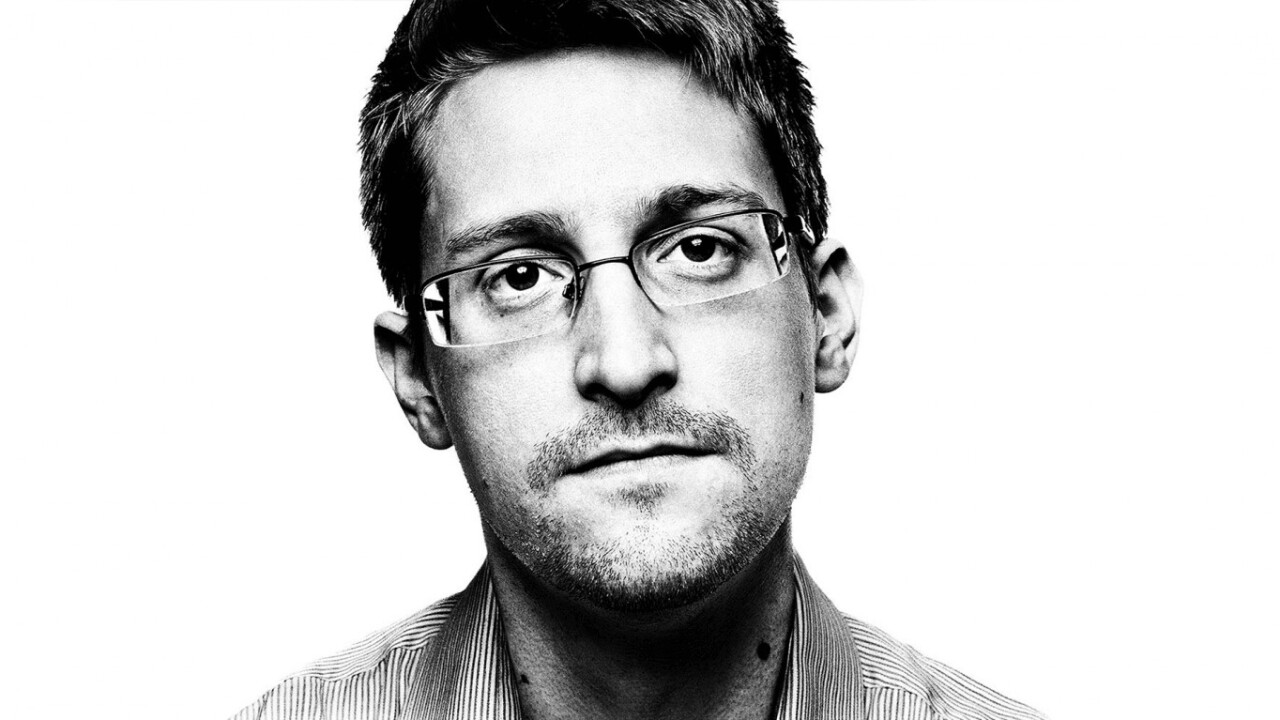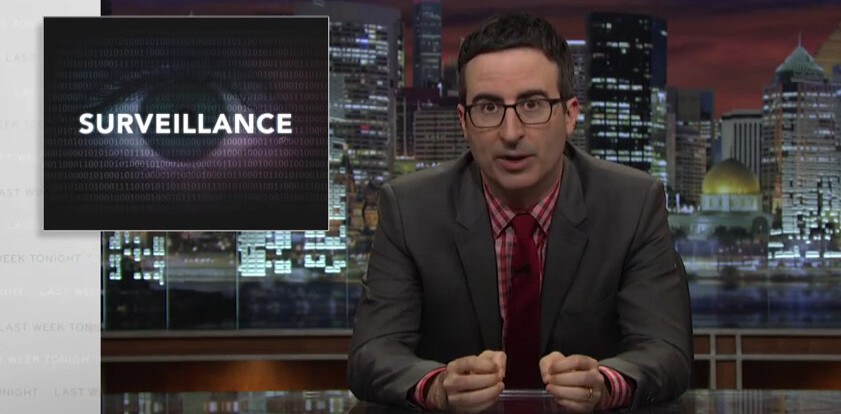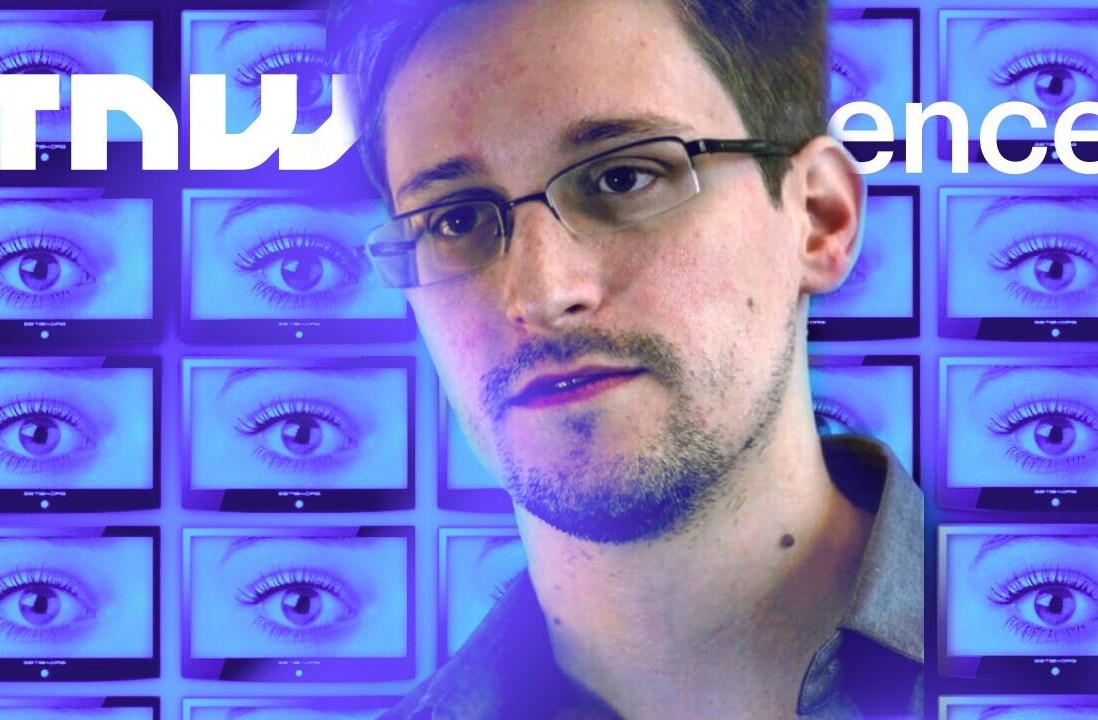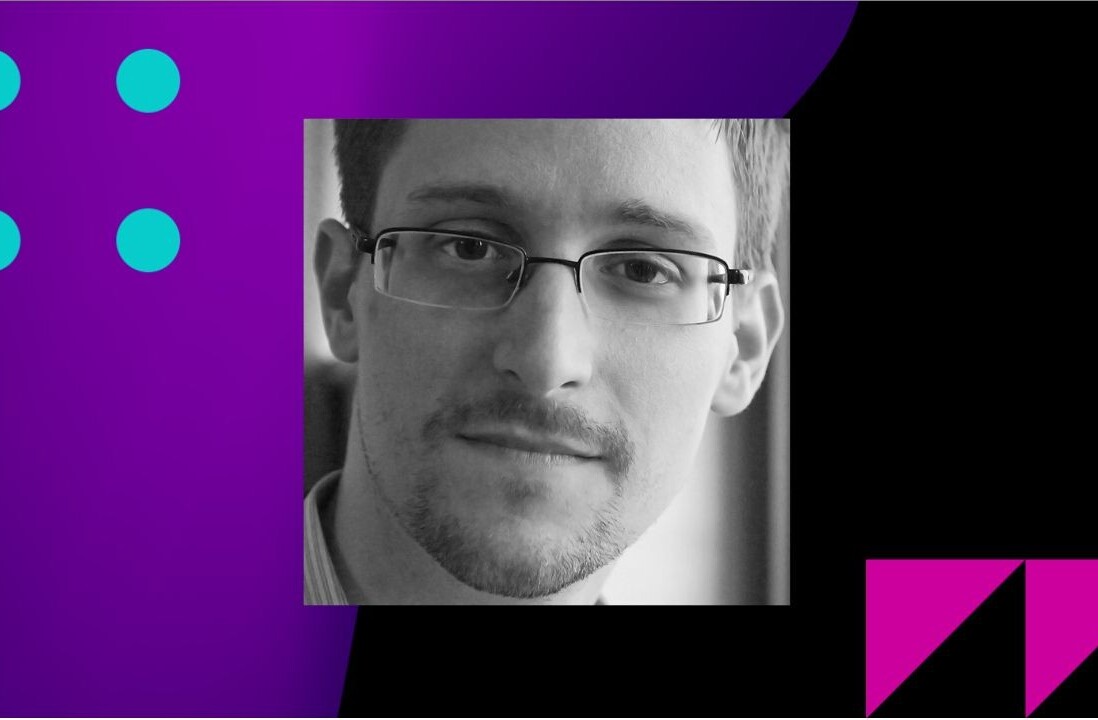
In light of recent events, the importance of financial privacy has become an increasingly unavoidable issue for cryptocurrency users. With the exception of anonymous cryptocurrencies, the lack of privacy measures on most leading public blockchain networks is a real cause for concern.
Bitcoin, Ripple, Ethereum, Bitcoin Cash, and Litecoin — five of the biggest cryptocurrencies in terms of market valuation and user base — all lack the privacy measures that could protect users from surveillance and targeted attacks. With the use of blockchain explorers, developers and analysts can trace the origin of a transaction of these cryptocurrencies.
Lead developer at Monero — the first multi-billion dollar trading platform in the cryptocurrency market — Riccardo Spagni, argued that privacy is crucial for a number of reasons. Spagni, who is also known as FluffyPony, emphasized that privacy is a legitimate issue for all users, not just the small minority who intend on utilizing confidential transactions to conduct criminal activities.
“If we don’t have financial privacy, there are bad things that can happen. We might end up with targeted advertising based on spending habits. [Another example is] targeted crime against the wealthy. You go to a local bitcoin exchange and next minute you’re held up at knifepoint. Even worse, you go and pay with bitcoin for an item and now, the owner knows your bank balance,” said Spagni.
In addition to these three cases, he noted that privacy measures are also imperative in preventing the sale and purchase of illicit goods, unwitting complicity in criminal acts as well as the leaking of business transactions or salaries.
On December 28th one of FluffyPony’s concerns actually occurred in Kiev, Ukraine. As reported by the BBC, Pavel Lerner, the chief executive of the bitcoin exchange Exmo, was threatened at knifepoint and “dragged into a black Mercedes-Benz by men wearing balaclavas”. Exmo spokesman, Anatoliy Larin, stated that user funds remain safe as Lerner does not have access to the exchange’s funds, thus implying that the kidnappers targeted Lerner with the aim of stealing a large amount of money in cryptocurrency from the Exmo trading platform.
“Despite the situation, the exchange is working as usual. We also want to stress that nature of Pavel’s job at Exmo doesn’t assume access either to storages or any personal data of users. All users’ funds are absolutely safe,” Lerner said.
Anonymous Cryptocurrencies: Zcash, Dash, Monero, Verge
In the global market, there are four anonymous cryptocurrencies, namely Zcash, Dash, Monero, and Verge. Zcash is the first practical implementation of Zero-Knowledge Succinct Non-Interactive Argument of Knowledge (zk-SNARKs), a novel form of zero-knowledge cryptography. It is capable of processing private and anonymous transactions on any compatible public blockchain network.
By market valuation, Dash and Monero remain the leading anonymous cryptocurrencies, with the latter receiving high praise for its secure technology and active developer community. However, due to the lack of adoption from wallets and difficulty integrating it, in comparison to other cryptocurrencies, Monero has been unable to appeal to general consumers.
Last year Jaxx, a cryptocurrency wallet which supports a variety of digital currencies, including Zcash and Dash, announced that it had canceled its integration of Monero for technical reasons. Jaxx founder and CEO Anthony Di Iorio stated that, until the technical issues surrounding Monero integration have been solved, Monero simply can’t compete with other projects like Dash and Zcash, even with its superior technology.
“Monero integration has been on a radar for over a year and over the past weeks and months we dove headfirst into XMR and have since spent more than 400 hours working on this particular integration,” said Di Iorio. “We believe we have determined the critical issues that are leading to problems with Monero growth and that these problems are hindering the adoption and success of the Monero ecosystem.”
Technical difficulties integrating Monero has led public blockchain networks to choose Zcash over Monero as a means of improving privacy measures. By virtue of its compatibility with other blockchains, several multi-billion dollar projects, most notably Ethereum, have begun integrating Zcash technology. Blockchain networks which adopt the zk-SNARKs implementation can immediately begin to settle private transactions by concealing sensitive information like transaction inputs and outputs as well as the details of senders and receivers.
In a hard fork called ‘Byzantium’ — officially executed on October 16 — the Ethereum blockchain network adopted the Zcash’s zk-SNARKs implementation. Within a week, several developers in Ethereum’s open-source developer community had successfully processed a private transaction on Ethereum’s testnet, essentially demonstrating the ability to process anonymous transactions on the $72 billion Ethereum network.
In July, Christian Reitwiessner, the team lead for Ethereum’s Solidity and Ethereum C++ implementation, revealed that the first private Zcash transaction on the Ethereum testnet had been processed.
“What is verified here is the zkSNARK part of some real transaction on the real Zcash network. I pulled the data out of the chain sometime around January. I have no idea who created the transaction or how much money is sent inside it, but now the Ethereum network knows it is correct,” said Reitwiessner.
Why Snowden Supports Zero-Knowledge Proofs
Controversial security expert Edward Snowden explained that Zcash integration on the Ethereum network is vital for both the network’s users and decentralized applications.
In agreeance with Ethereum founder Vitalik Buterin, Snowden suggested that “Zero-knowledge proofs may be the future of private trade”. He added, “Zcash’s privacy tech makes it the most interesting Bitcoin alternative. Bitcoin is great, but ‘if it’s not private, it’s not safe.”
Snowden also rebutted the criticisms leveled against Zcash’s trusted setup. The setup ceremony required the six participants, which included Bitcoin Core developer Peter Tod, to dispose of their part of the private cryptographic key for the Zcash subsequent to the network’s deployment.
“Due to the design of the ceremony, the chance of every single participant (many known, respected, publicly identified figures) in the ceremony being compromised (which is the only way to cause harm) is close to zero. An undetected flaw in the novel cryptography is more realistic,” Snowden.
In an extensive column written in 2016, Todd himself discussed his role in the launch of the Zcash network, stressing that the secret key which, if not destroyed, could be used to create or produce an unlimited number of Zcash tokens. For this reason, the trusted set-up necessitated that the six members of the Zcash community involved in its development permanently erase the secret key to prevent anyone ever recovering it.
Despite skepticism, the trusted setup of the Zcash blockchain network is a non-issue. It is very unlikely that this will to lead to technical issues when it’s integrated by other public blockchain networks, including Ethereum.
This post was written by Joseph Young for Binary District, an international сollaborative technology community which creates unique competency-based workshops and events on new technologies. Follow them down here:

Get the TNW newsletter
Get the most important tech news in your inbox each week.




